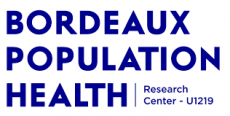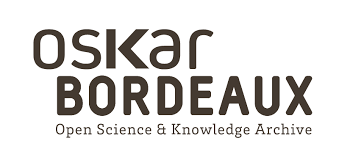Implementation of perennial malaria chemoprevention in infants at district-level in Togo: mixed methods assessment of health system readiness
Résumé
Introduction In June 2022, WHO recommended the administration of Perennial Malaria Chemoprevention (PMC) alongside Expanded Immunization Programmes for children under two years. We investigated the health systems readiness for PMC implementation in Togo. Method As part of the multi-country MULTIPLY project, we conducted a mixed methods implementation research study in the 27 health facilities of Haho district in Togo. All district health care providers (n=188) and a sample of community health workers (n=43) were invited to respond to a self-administered Knowledge-Attitudes-Practices questionnaire. Structured observations in 4 health facilities and 19 semi-structured interviews were conducted. Descriptive analysis was conducted on quantitative data. Qualitative data was analysed thematically, using an inductive approach. We report here on the implementation context for PMC, its infrastructural feasibility and its acceptability among health care workers (HCWs). Results Overall, respondents perceived PMC as relevant in the context of high malaria burden and had a good knowledge about malaria and its prevention. HCWs foresaw good community acceptability of PMC. Although some HCWs did not understand the rationale of PMC if children are not sick, they also believed PMC would be effective, in line with their perceptions of preventive malaria treatment during pregnancy. Several challenges were foreseen such as distance barriers for accessing health facilities, difficulties in accessing drinking water, supplies for PMC administration, or lack of dedicated health workforce and area for PMC administration. Conclusion At district-level in Togo, overall pre-intervention acceptability of PMC was encouraging. Structural and operational challenges were identified as possible barriers to implementation feasibility.
| Origine | Fichiers produits par l'(les) auteur(s) |
|---|



